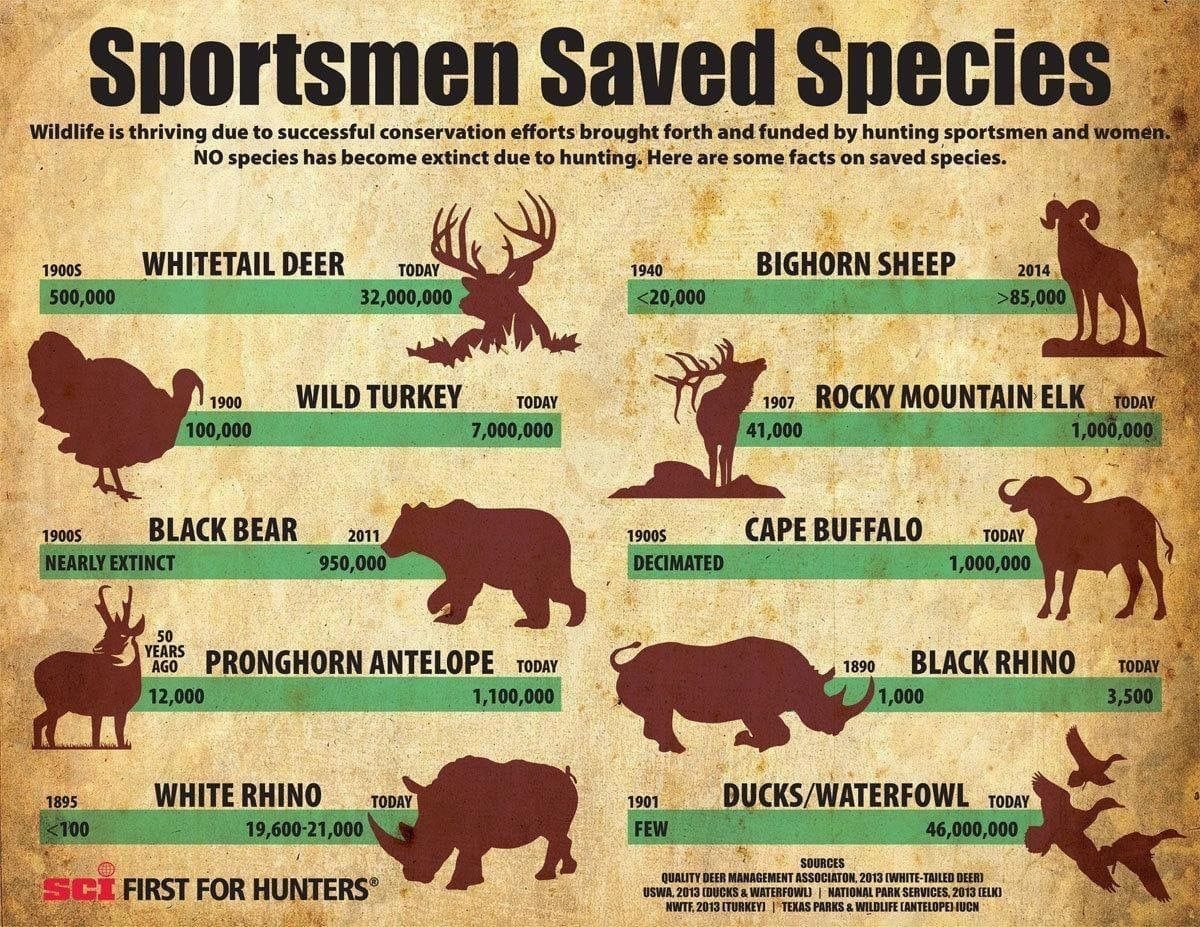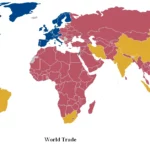This guide provides hunters with a comprehensive understanding of game conservation laws, their impact, benefits, and essential details. By following these regulations, hunters contribute to the long-term health and sustainability of wildlife populations, ensuring future generations can enjoy the thrill of the hunt.
Why Game Conservation Laws Matter
Game conservation laws are crucial for maintaining healthy wildlife populations and ensuring sustainable hunting practices. They might seem restrictive, but they actually benefit both hunters and the environment.
Preservation for Future Generations
These laws help prevent overhunting by establishing hunting seasons and bag limits, which act like carefully planned budgets for wildlife. This ensures that game populations can replenish naturally, providing hunting opportunities for future generations.
A Better Hunting Experience
Regulations on hunting methods and seasons distribute hunting pressure, giving everyone a better chance of success. They also promote fair chase, making the hunt more challenging and rewarding while respecting the animals we pursue. By preventing overcrowding, they enhance safety and enjoyment for all.
A Healthy Ecosystem for All
Game animals play a vital role in the ecosystem. Conservation laws help maintain this balance by ensuring sustainable hunting practices, benefiting all wildlife and their habitats.
Funding Conservation Efforts
Hunting license fees and taxes on hunting equipment directly fund wildlife management, habitat restoration, and research. Hunters become conservationists by contributing to the future of wildlife and the sport they love.
Ethical and Responsible Hunting
Hunter safety courses and regulations promote safe gun handling, responsible behavior, and ethical hunting practices. This helps maintain a positive public image of hunting and ensures its future.
Navigating Challenges
Wildlife management faces challenges like climate change and habitat loss. Open communication and ongoing research are crucial for developing adaptive conservation strategies. Some experts believe that climate change significantly impacts wildlife populations, while ongoing research suggests potential mitigation strategies.
Decoding Hunting Regulations: The State Agency’s Role
So, who sets the rules of the game? In most states, the state wildlife agency (often called the Department of Natural Resources, Fish and Game Commission, or similar) is responsible for managing wildlife and setting hunting regulations.
How Regulations Are Set
State wildlife agencies use scientific data, including population density, habitat quality, and harvest rates, to inform their decisions. Public input from hunters, landowners, and conservation groups is also a crucial part of the process. This collaborative approach strives to balance hunting opportunities with long-term wildlife sustainability. There is debate, however, on the most effective methods for data collection and analysis, and ongoing research may lead to revised strategies.
Understanding the Regulations
Hunting regulations encompass various elements:
| Element of Hunting Regulation | What it Means | Example |
|---|---|---|
| Hunting Seasons | Specific dates when hunting is permitted for certain species. | Deer season runs from October 1st to January 15th. |
| Bag Limits | The maximum number of animals a hunter can harvest. | Two deer per hunter per season. |
| Permitted Methods | Allowed hunting techniques (e.g., archery, rifle). | Bow hunting only in this area. |
| Equipment Restrictions | Rules regarding specific hunting equipment. | No high-capacity magazines allowed. |
These regulations are constantly reviewed and adjusted based on new research and data. Staying informed is key to supporting responsible wildlife management.
Who Can Hunt in the US? A State-by-State Guide
Hunting access in the US varies by state, with each state having its unique set of rules and regulations. While general guidelines exist, researching specific state requirements before hunting is essential.
General Requirements
Most states require hunters to be at least 12 years old and complete a hunter education course covering firearm safety, wildlife management, and ethical hunting practices. However, variations exist, and some states may allow younger individuals to hunt under supervision.
Licensing and Permits
A hunting license grants legal permission to hunt. Obtaining one usually involves completing a hunter education course and meeting any state-specific requirements. Separate licenses may be required for different game species. Landowners hunting on their own property might be exempt from certain licensing requirements. Native American tribes often maintain treaty rights regarding hunting.
Hunting Seasons and Regulations
Specific hunting seasons exist for different animals, often aligning with their breeding cycles and population health. Regulations also dictate permitted equipment and hunting times. Ongoing research continually informs these regulations, with potential changes arising from new data and evolving conservation strategies. It’s important to recognize the limits of current knowledge and that hunting regulations may evolve.
Exceptions and Special Considerations
Landowners hunting on their own property may be exempt from certain licensing requirements, reflecting a historical tradition. Similarly, Native American tribes often retain treaty rights that allow traditional hunting practices. These exceptions underscore the complex interplay between state laws, historical practices, and cultural traditions.
Responsible Hunting Practices
Understanding and following all applicable regulations is crucial for legal and ethical hunting. This includes adhering to season dates, bag limits, permitted methods, and equipment restrictions. Responsible hunters prioritize safety, respect wildlife, and contribute to conservation efforts.
Know more about the handicapper general by clicking on this link.
- Revolution Space: Disruptive Ion Propulsion Transforming Satellites - April 24, 2025
- Race Through Space: Fun Family Game for Kids - April 24, 2025
- Unlocking the Universe: reading about stars 6th grade Guide - April 24, 2025

















1 thought on “The Hunter’s Guide to Game Conservation Laws: Impact, Benefits, and Essential Details”
Comments are closed.